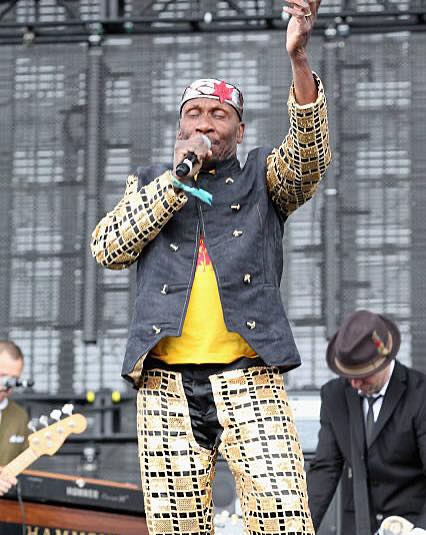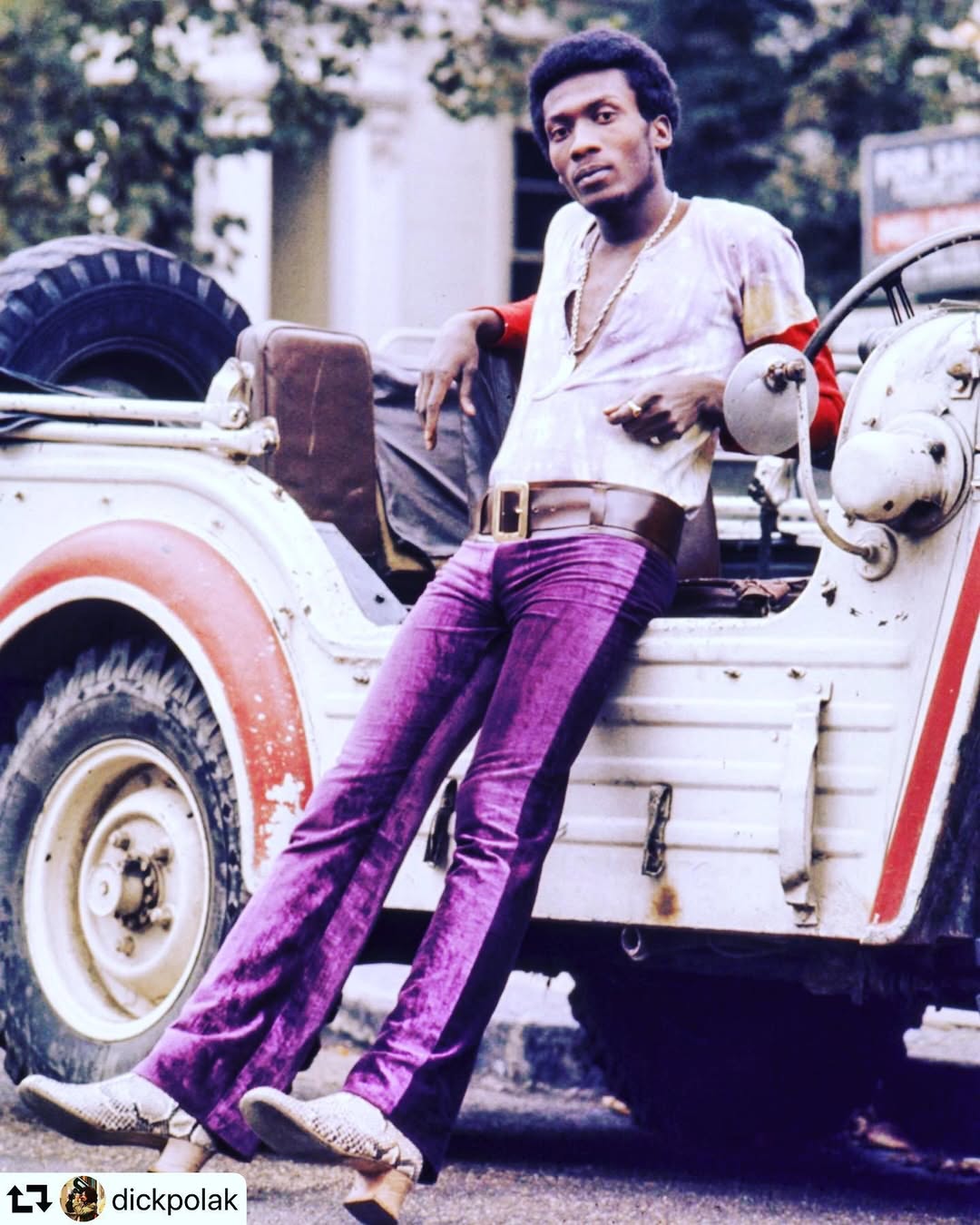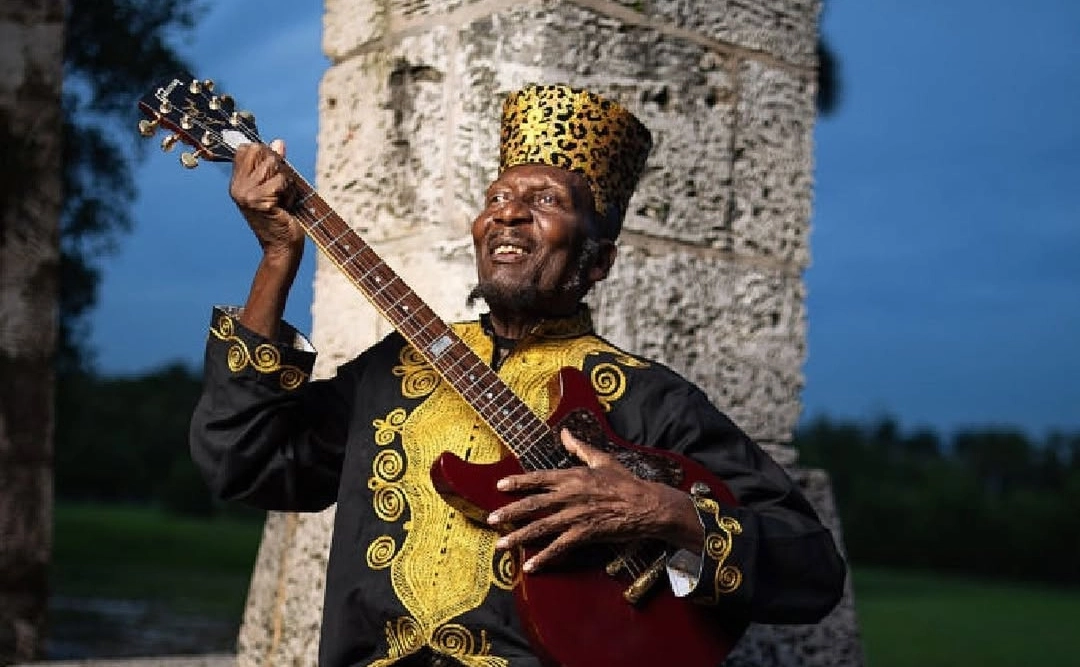The late Reggae legend Jimmy Cliff died at the age of 81, his family announcing that he passed away after suffering a seizure followed by pneumonia.
Born James Chambers on July 30, 1944, in St. James Parish, Jamaica, Cliff came from a humble background as one of nine children.
He spent his early childhood on his family’s farm, where limited resources shaped much of his upbringing.
Early Life in Rural Jamaica
Despite the challenges, he developed a strong interest in music at a young age, often listening to sound systems that played within his community.
By the time he entered his teenage years, he was already writing songs and dreaming of a life in music.
His father later sent him to Kingston to pursue better opportunities, a move that became pivotal in his journey.

It was during this transition that he adopted the stage name “Jimmy Cliff,” believing it reflected a personality that would stand out in the entertainment world.
In Kingston, he immersed himself in the local music scene, performing at talent shows and seeking out producers who would help him refine his artistry.
Rise to International Recognition
Cliff’s major breakthrough came when he released his first significant hit as a teenager.
The song propelled him into the Jamaican music spotlight and opened doors for collaborations and recording opportunities.
His talent soon earned him recognition beyond Jamaica, and he was later introduced to international record labels that helped elevate his profile.
By the 1960s, he had established himself as a versatile performer working across genres such as ska, rocksteady, soul, and reggae.
Songs like “Wonderful World, Beautiful People,” “You Can Get It If You Really Want,” and the timeless classic “Many Rivers to Cross” became defining pieces of his catalog, resonating with global audiences.
His voice, known for its emotional depth, helped introduce reggae to new markets at a time when Jamaican music was still emerging on the world stage.
Cliff also expanded his reach through acting.
His starring role in the 1972 film ‘The Harder They Come’ became a cultural milestone, solidifying his status as one of the key figures responsible for popularizing reggae internationally.
Throughout his career, he released more than 30 albums, earned multiple awards, and received Jamaica’s Order of Merit, one of the nation’s highest honors.
Marriage and Personal Life
Jimmy Cliff was married to Latifa Chambers, with whom he shared two children. He also had another daughter from a previous relationship.
His family remained a central part of his life, and he often spoke about the importance of balancing his global career with his responsibilities at home.
Following his passing, his wife expressed gratitude for the support the family received and acknowledged the immense love shown by fans throughout Cliff’s career.
She noted that his dedication to music was matched only by his love for his family.
A Lasting Musical Legacy
Jimmy Cliff leaves behind an influential body of work that shaped the sound and identity of reggae music.
His contributions helped carry Jamaican culture to the world, and his songs continue to inspire new generations of musicians.

His legacy remains deeply rooted in messages of resilience, unity, and hope—values that defined his life both on and off the stage.
BY Eugene okumu













